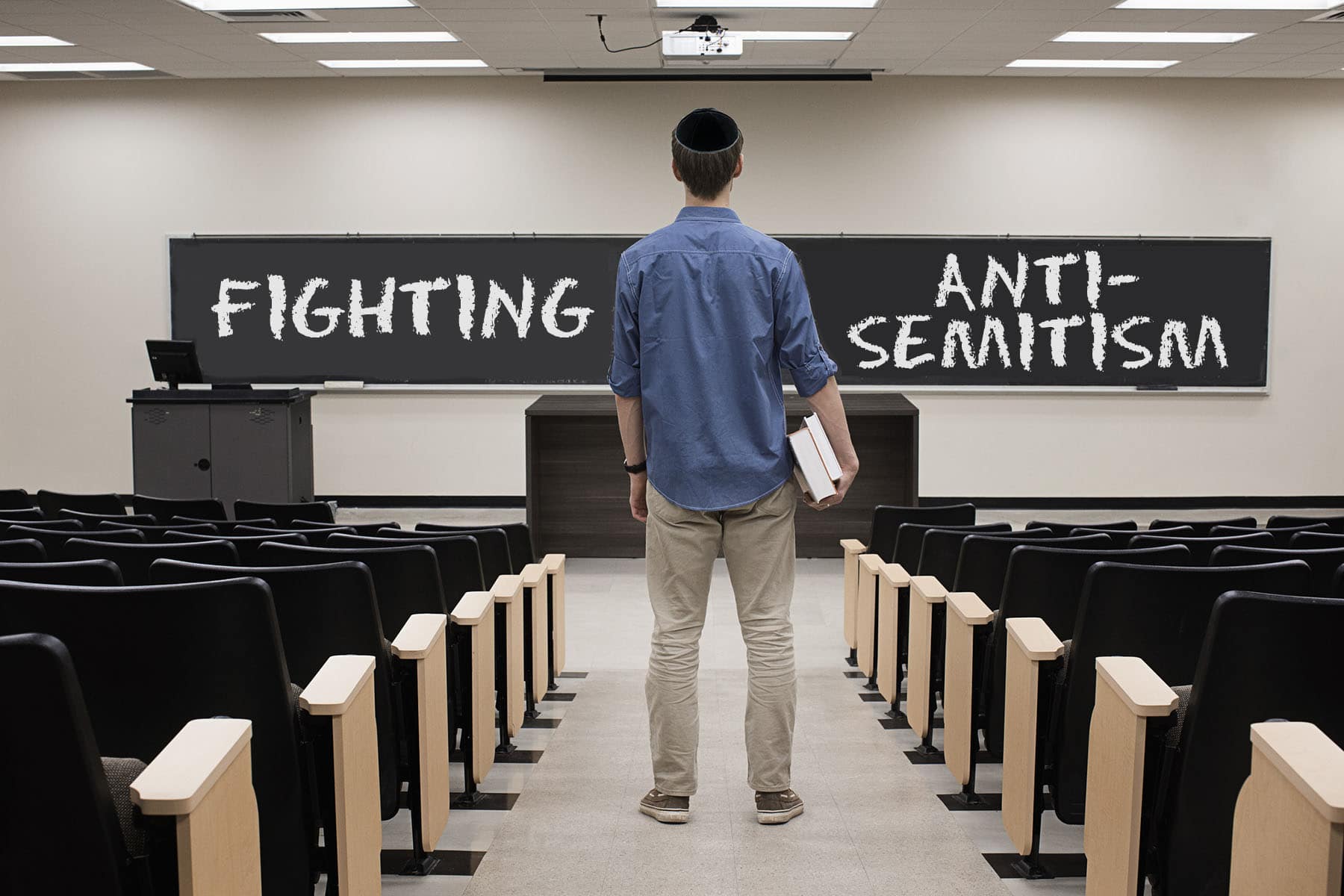
Max Price unexpectedly found himself in the news lately. The junior at Tufts University, majoring in international relations and economics, is a member of the school’s Community Union Judiciary (CUJ). In that role, he objected to anti-Semitic wording in an initiative brought by Students for Justice in Palestine (SJP), which linked “racist conduct” by law enforcement to white supremacy and Israel.
His objections led to other members of the CUJ attempting to impeach him. He was also subjected to a stream of anti-Semitic harassment. The impeachment attempt was finally withdrawn, but Price says the administration has done nothing other than to claim, ‘We take harassment seriously.’”
College anti-Semitism is alive and seething, likely at a university near you. Brave Jewish students who find themselves in its crosshairs are making a difference, although it can be exhausting. Five such students, including Price, shared their experiences with on-campus anti-Semitism during a riveting panel discussion on March 2. Nearly 550 people tuned in to the discussion, hosted on the Clubhouse app and moderated by Bari Weiss, a former writer and editor at the New York Times. Weiss quit the Times in 2020 over the extremes of political correctness and even anti-Semitism in the organization that she said made her work impossible. She now publishes on Substack and Jewish outlets.
At the University of Bristol in the United Kingdom, Sabrina Miller started her activism after the administration sat on its hands when sociology professor David Miller was heard in a YouTube video saying that “the enemy we face here is Zionism.” He later doubled down on his comments, calling Zionism a “racist, violent, imperialist ideology premised on ethnic cleansing.” In February, Sabrina gathered more than 7,000 signatures on a petition calling for Miller’s dismissal resulting in her Twitter account being deluged with malicious comments and accusations.
Isaac de Castro, a Panamanian citizen, had hoped to be a regular student at Cornell, but he said that anti-Semitism had even leached into his architecture classes; on campuses, Zionism is equated with colonialism, oppression, police brutality and other evils. Tired of feeling silenced, de Castro founded Jewish on Campus, an Instagram account that records stories of Jewish students from around the United States who have also encountered anti-Semitism at school.
Adela Cojab, born in Mexico City, did not expect campus anti-Semitism at NYU, but as president of the pro-Israel group Realize Israel, she faced an apathetic administration that told her she was “overreacting” despite an onslaught of anti-Semitic events: anti-Israel resolutions on campus, attacks on social media, boycotts against Israel and, most dramatically, anti-Israel students burning Israeli flags and assaulting a freshman student at a 2018 Yom Ha’Atzmaut event.
“The administration was going to act ‘quietly,’” Cojab recalled. “But Jewish students were scared. The administration not only didn’t discipline the group responsible but gave them the president’s service award for contributions to NYU life.” So, two months before she graduated in 2019, Cojab filed suit against NYU over the school’s failure to protect Jewish students. She was soon called by the White House, and President Trump signed an executive order expanding the definition of Title 6, adding language stipulating that Judaism also falls under the definition of the “shared ancestry” protected by Title 6.
When Blake Flayton started at George Washington University, he “was very excited to go to protests, to make friends in the progressive movements and be involved with the liberal pulse of the Trump era,” he said. Soon, though, he heard comments about the IDF being responsible for killing babies. “Maybe I was brainwashed, but even though I was uncomfortable, I joined in until I realized that Israel was important to me. I saw the institutional anti-Semitism in these groups. The largest LGBTQ advocacy group openly opposed any group connected with Hillel or Israel.”
“I saw the institutional anti-Semitism in these groups.”
Flayton’s breaking point was hearing a student talk about bombing Israel as a piece of s***. He read Weiss’s book, “How to Fight Anti-Semitism,” and sent her an email; Weiss encouraged him to develop an op-ed for the Times. After his piece was published, not a single professor asked him about the alarming experiences he had written about. “My pro-Jewish advocacy began as less as a defense of my own people and more of a social justice drive. The left’s policies are regressive, pitting people against each other,” he said. He also noted that this same ideology spills out into politics and corporations, making this advocacy crucial.
Weiss asked the panel why Jews didn’t count as individuals worthy of respect on campus. “In a hierarchy of oppression, Jews are not included,” Flayton explained. “You can say anything about the Jewish state and people, you can ban Jews from your organization, and it’s seen as punching up in the social justice hierarchy.” The dynamic creates a binary option: you are either a victim or a victimizer.
Miller added that people asked her why she was upset about anti-Semitism. “What about the Palestinians?” they’d counter. Cojab added that much of today’s progressivism on campus is a cover for anti-Semitism and Israel bashing; “At NYU, even resolutions about fossil fuels morph into an anti-Israel condemnation. You connect the worst thing in society with Zionism and Jews,” she said.
Panelists said that the best thing Jewish students could do was to “claim their space,” both in Jewish activism and beyond. But standing up to these circumstances is not for everyone. If you have to self-censor or explain yourself over and over again, it’s worth considering other options for higher education, such as going to university in Israel, de Castro said.
Max Price said, “I want to live in a world where my kids should be able to go to school wherever they want without fear. This is dirty work, and I don’t blame anyone for not wanting to keep fighting. Being Jewish in itself is an act of bravery.”
Judy Gruen is a writer and editor. Her books include “The Skeptic and the Rabbi: Falling in Love with Faith.”














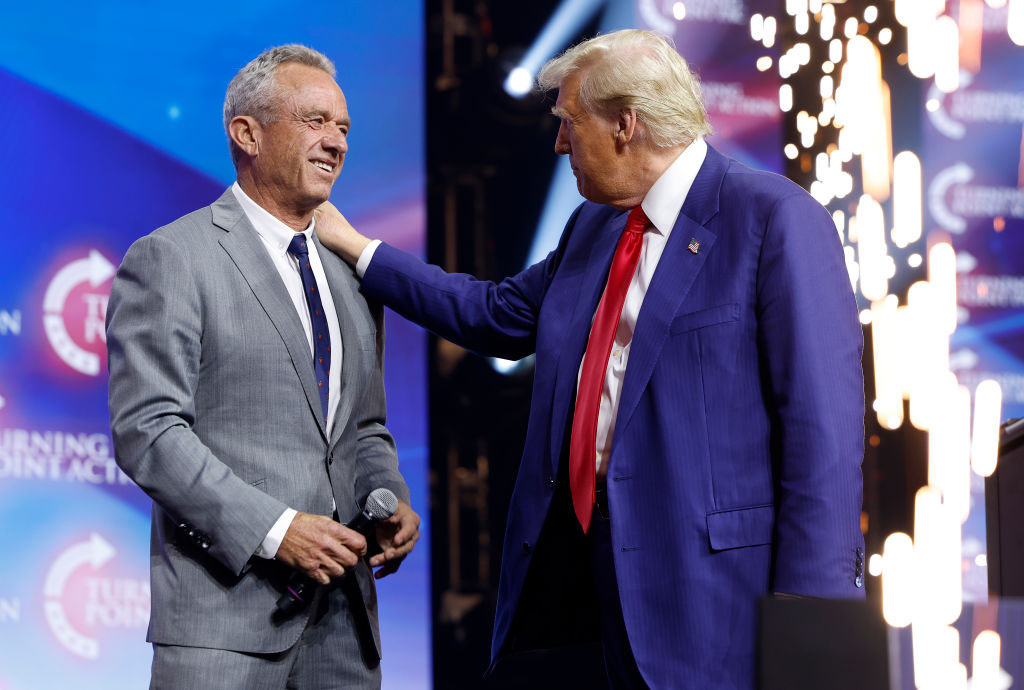
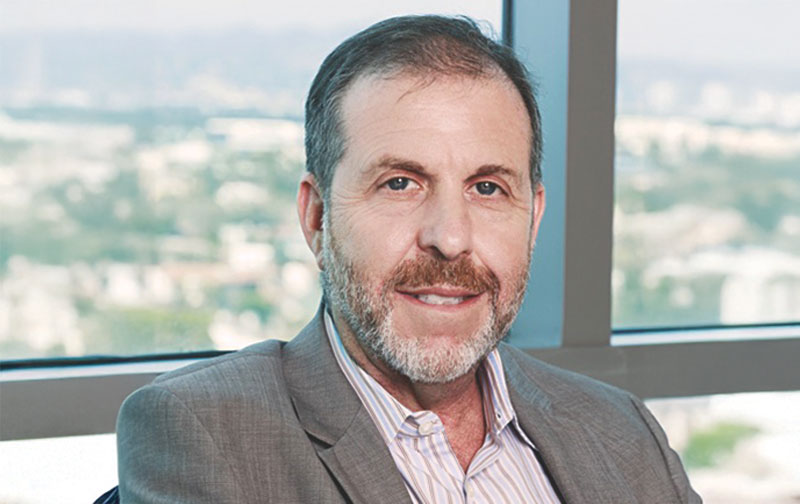
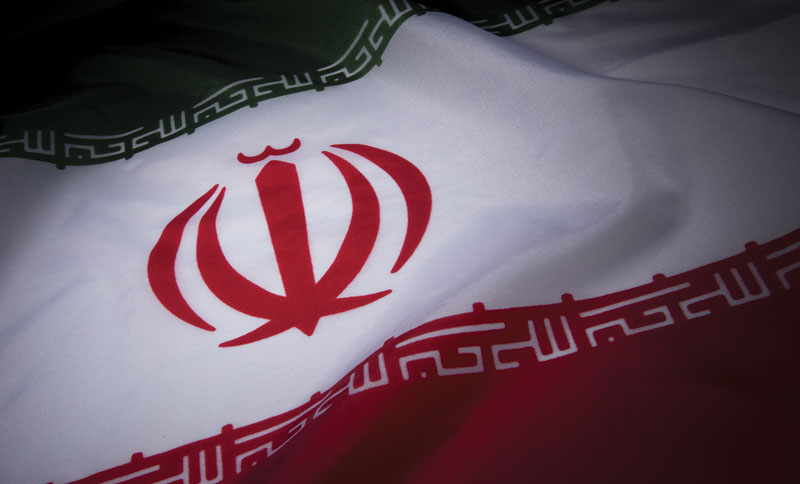
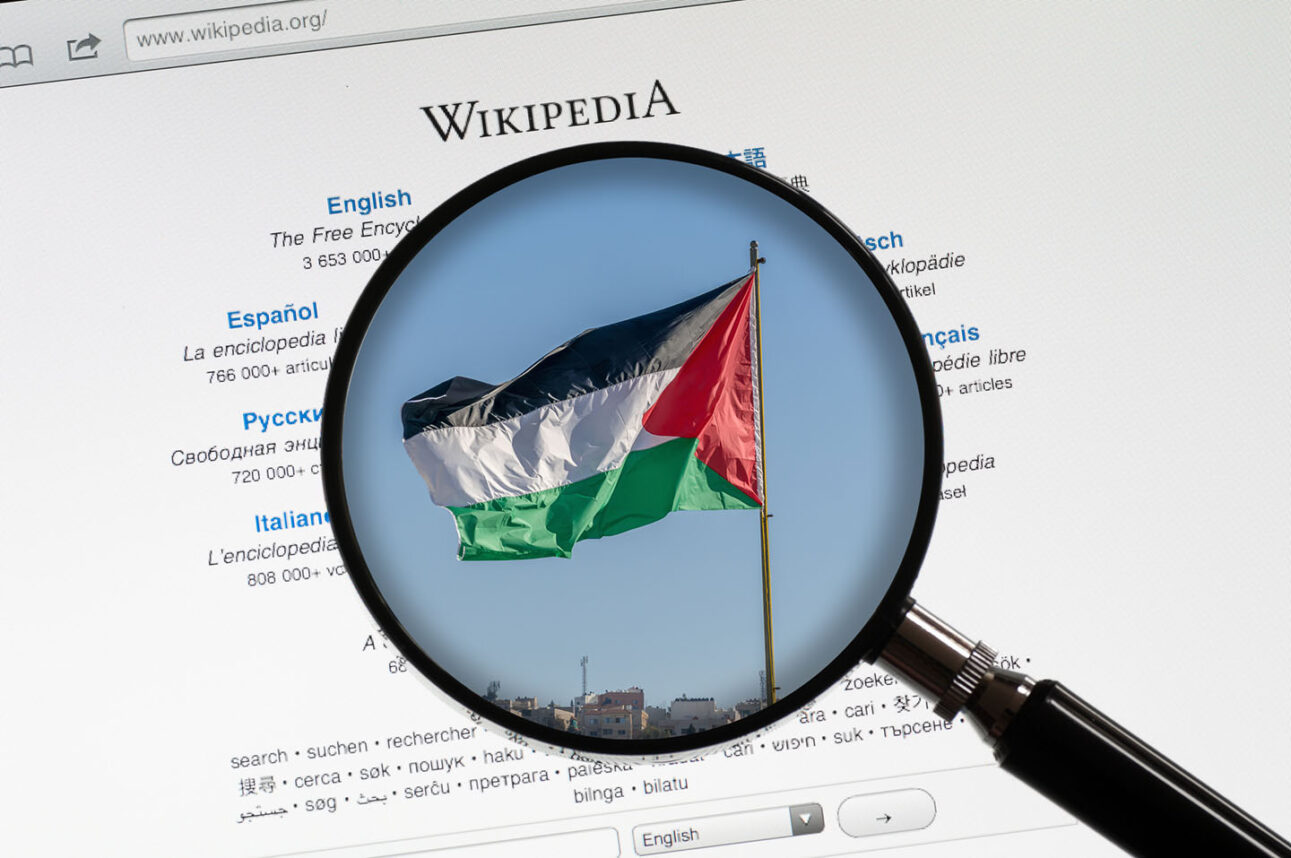





 More news and opinions than at a Shabbat dinner, right in your inbox.
More news and opinions than at a Shabbat dinner, right in your inbox.